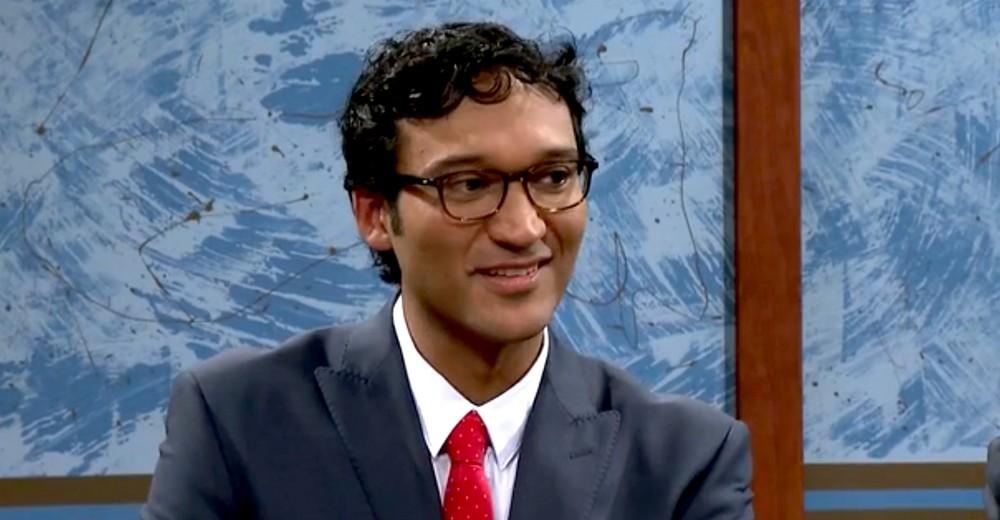WGVU radio program explores inclusion, equity issues

GVL / Courtesy – WGVU
Dec 10, 2015
While many news stories are often repeated, other stories do not make it to the public eye. News about marginalized populations and inclusion issues are often ignored or not easily found.
With this notation, WGVU Public Media has launched a two-year program using radio, television and digital programming to explore race, inclusion and equity issues. In addition, the coverage will reach the communities of west and southwest Michigan.
The W.K. Kellogg Foundation is funding this project with a $230,000 grant. This grant included funding for an inclusion reporter and producer position and focuses on initiating community conversations through the production of stories.
Mariano Avila, inclusion reporter for WGVU, said the idea was to focus specifically on marginalized populations with stories that do not traditionally arise to public awareness.
“We focus on voices that are marginalized, either intentionally or unintentionally,” Avila said. “Voices that are not considered important or that are not included from discourse are the stories I am going after.”
Currently, radio covers on-going stories. However, television will be a new option for story development. The show, called “Mutually Inclusive,” will premiere in mid-February on WGVU-TV.
“Starting February we will have a new inclusion show that is one hour,” Avila said. “We will get into issues more in-depth because it is a longer format. It will allow us to dive into one issue and dig more into inclusion.”
Avila said each show will focus on a different issue, such as sex trafficking, which will allow for an investigative reporting approach. He said the majority of his other stories are features, while others are news stories that are not necessarily about inclusion.
“It’s a collaboration project,” he said. “Kellogg gave us the grant to focus on these important issues. It gave me the leeway to develop stories and talk to people around the community about inclusion in order to find stories worth sharing.
“It takes time, care and experience. The grant allows me to go out and find stories that really matter.”
Since the program is fairly new to WGVU Public Media, the funding of the program is based on the two-year product. Avila said the station is committed to inclusion, yet the project continuing depends on future funding.
“I am very passionate about these issues,” he said. “I like the interviews and going out and finding stories that people are not listening to or just cannot find. This is a two-year program, but continuing it really depends on the question of funding in the future.”
WGVU Engage collaborates with many other organizations in the primary areas of inclusion, health, arts, veterans and education. The program looks to expand the conversation of diversity with on-air broadcasts and events.
In addition, the Grand Valley State University Office of Multicultural Affairs partners with the station for events about diversity and inclusion issues.
For more information visit, www.wgvu.org/engage/inclusion.






















